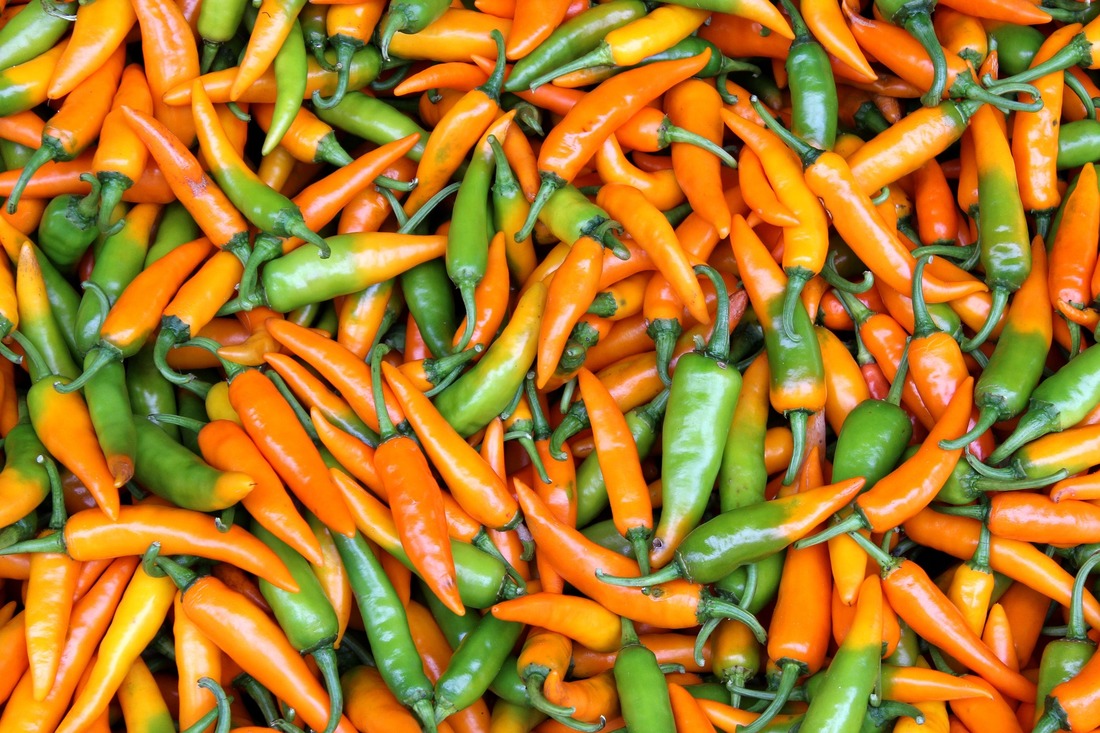|
Ihab asks: What does the word maku maku mean? Moi Ihab! The short answer: maku means taste. Just like in English, it can mean the taste of food as well as a person's taste or sense of style. Kielitoimiston sanakirja is a wonderful, free Finnish dictionary published by the Institute for the Languages of Finland. If you haven't yet, check it out! It's all in Finnish and geared towards advanced speakers, but it can be useful from the very beginning. According to Kielitoimiston sanakirja, maku has four distinct meanings or uses: 1. It's the experience of flavor. Maku is what you feel when you are eating: sweetness, saltiness, acidity, but also coffee, bread, grapefruit or cucumber. Tässä on palaneen maku. Tämä+inessive be+3rd person singular palanut+genitive maku+nominative. Literally: There's the taste of burnt in this. This tastes burnt. However, a more frequent way to express this meaning is by using the verb maistua, 'to taste', which can be used with both the ablative (Miltä?) and allative cases (Mille?), which mean the exact same thing: Ruoka maistuu hyvältä. Ruoka+nominative maistua+3rd person singular + hyvä+ablative. Literally, it would be something like: Food tastes of goodness. The actual translation: The food tastes good. The choice between ruoka maistuu hyvältä and ruoka maistuu hyvälle depends on one's unique use of language or idolect. Some Finns stick strictly to one or the other, some use both. Originally, it was a regional difference, with one version in eastern Finland and the other in the west. 2. A metaphorical experience of flavor. In English, you might say that something left a bad taste in your mouth, perhaps after a job interview with a sketchy company or a meeting with an unpleasant person. In Finnish, we use maku in pretty much the same way. Haastattelusta jäi huono maku suuhun. Haastattelu+elative jäädä+past tense huono+nominative maku+nominative suu+illative Literally: From the interview, a bad taste remained in my mouth. Actual translation: The interview left a bad taste in my mouth. 3. A person's individual sense of flavour or taste. Lisää suolaa maun mukaan. Lisätä+2nd person imperative suola+partitive maku+genitive mukaan. What the words mean: add salt taste according Actual translation: Add salt according to taste. 4. A person's individual sense of style. This is another meaning that is pretty much the exact equivalent of how we would use the English word taste. Ihabilla on hyvä maku. Ihab+adessive olla+3rd person hyvä+nominative maku+nominative Ihab has good taste. Maistuu tuliselta.
Tastes spicy, literally "tastes fiery." Comments are closed.
|
Archives
June 2024
|
Ask a Finnish Teacher / Toiminimi Mari NikonenBUSINESS ID (Y-Tunnus) 2930787-4 VAT NUMBER FI29307874 Kaupintie 11 B 00440 Helsinki If you'd like to send me something in the mail, please email me for my postal address. [email protected] +358 40 554 29 55 Tietosuojaseloste - Privacy policy |
© COPYRIGHT 2015-2022 Mari nikonen. ALL RIGHTS RESERVED.


 RSS Feed
RSS Feed